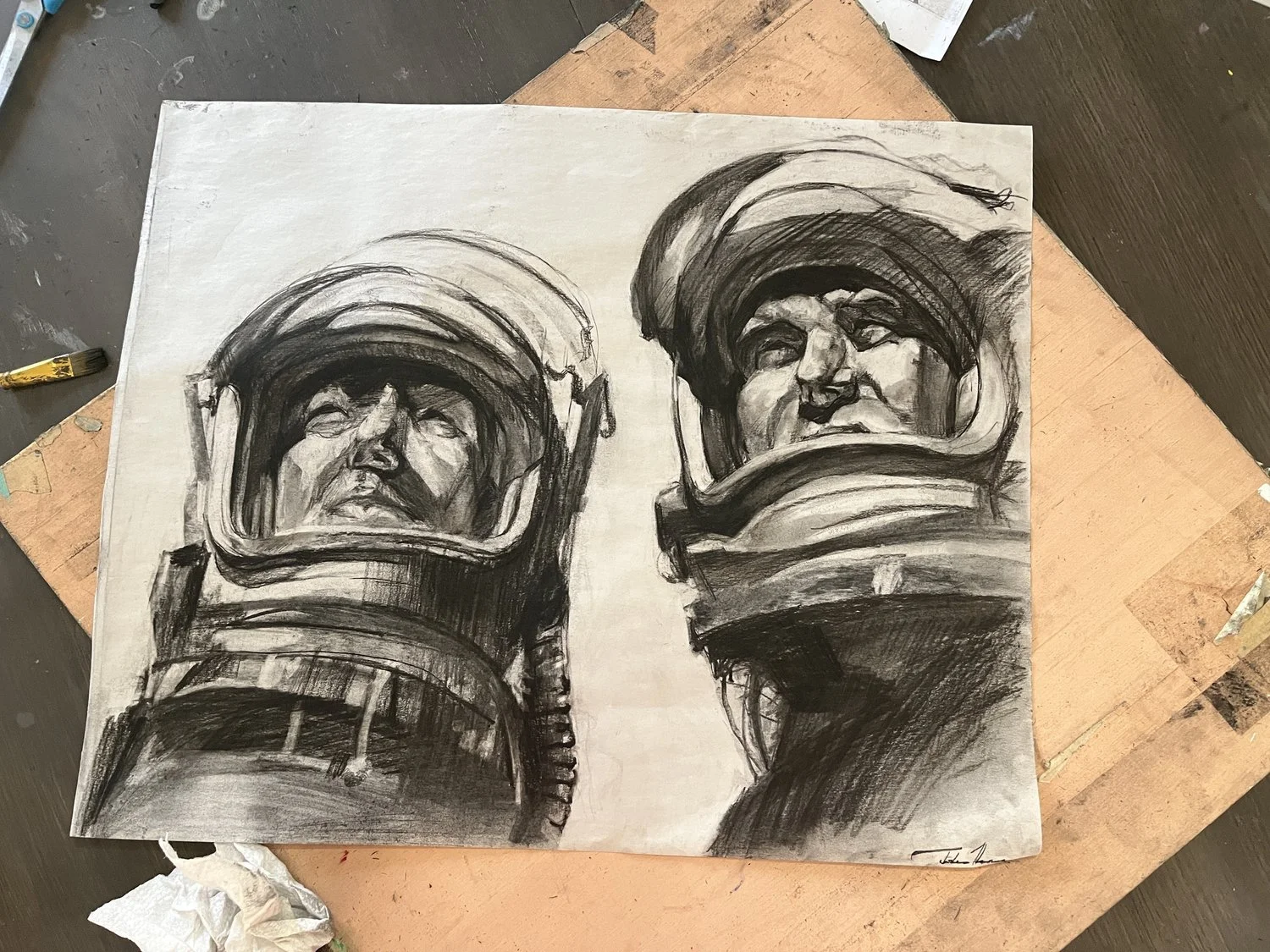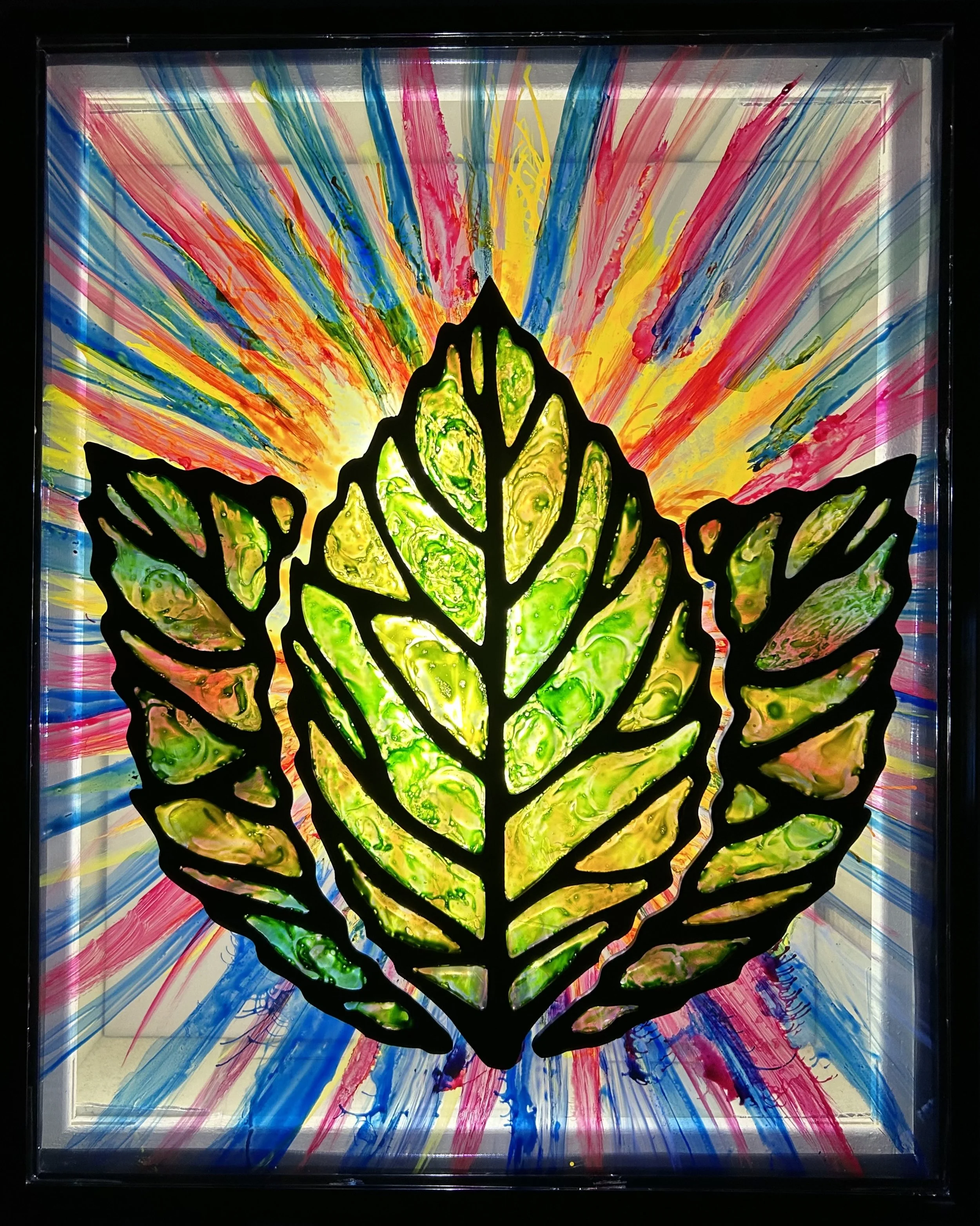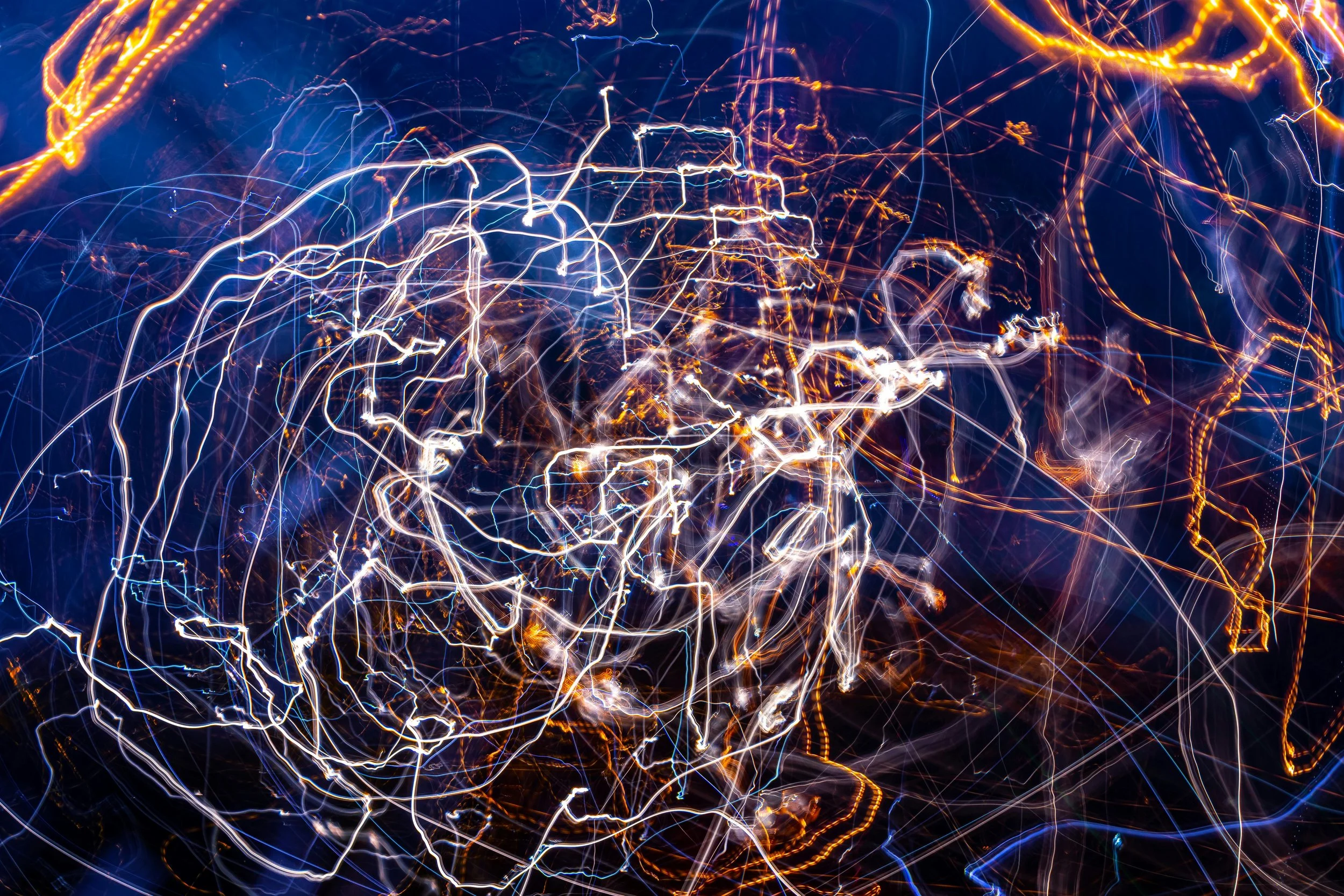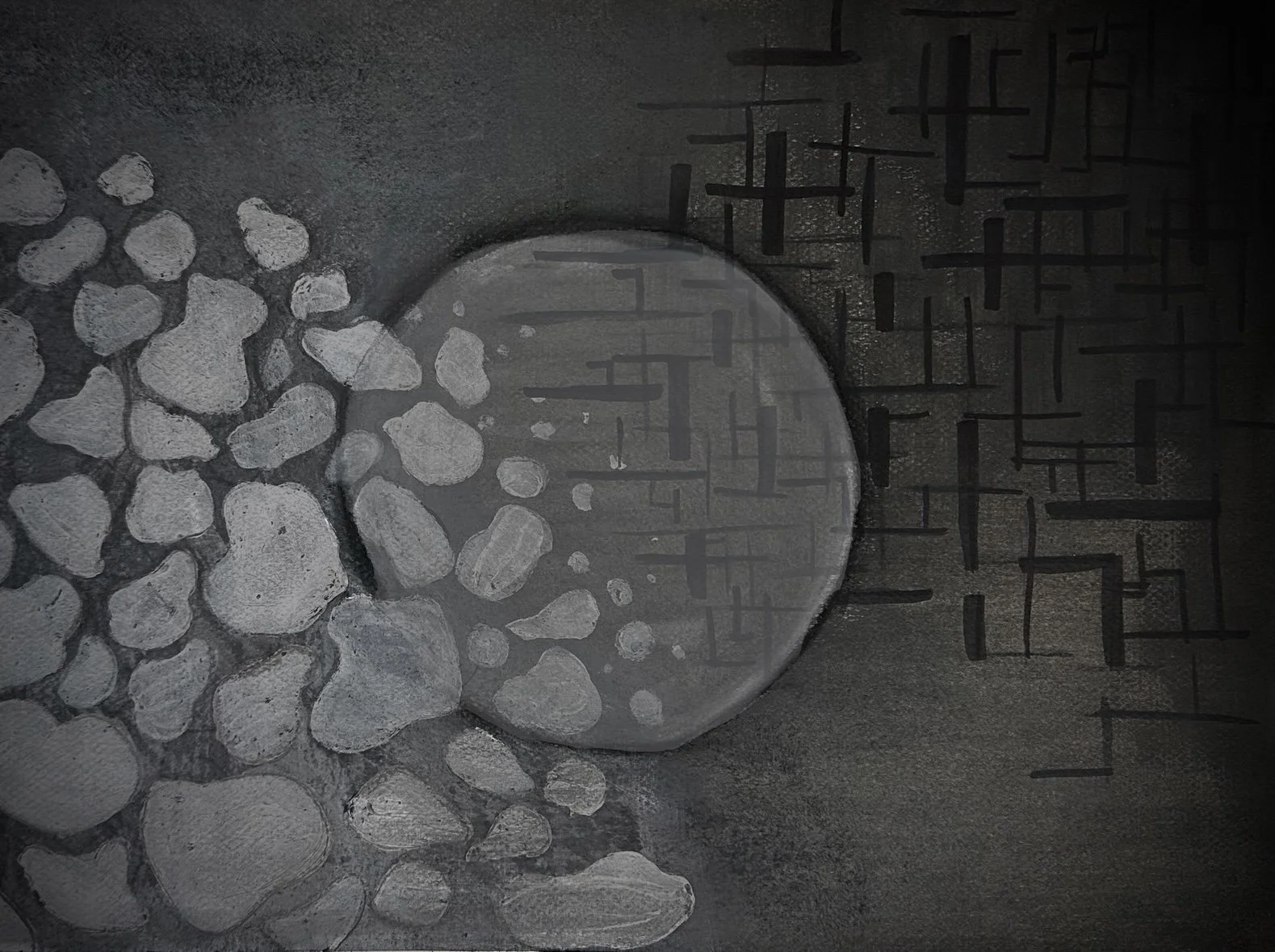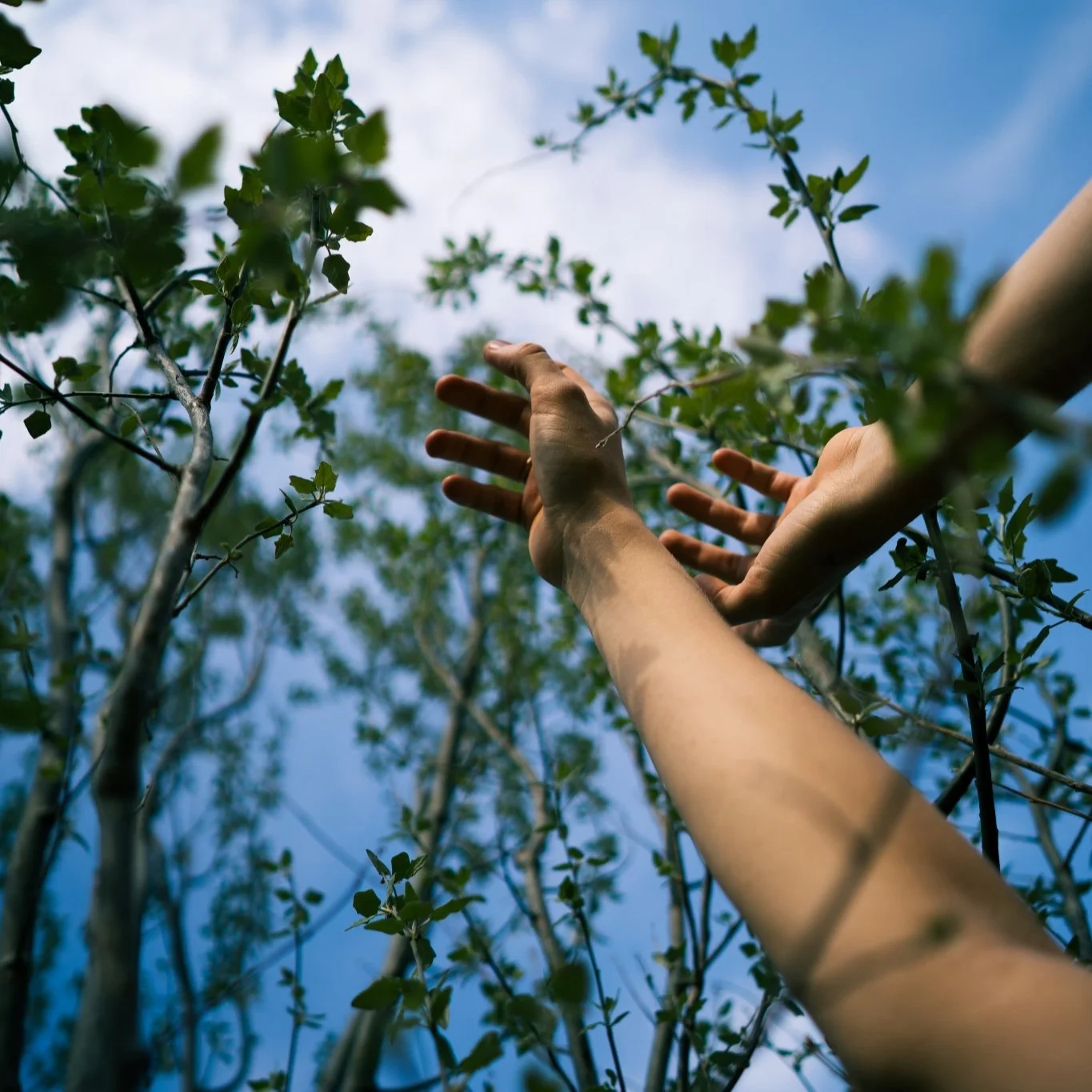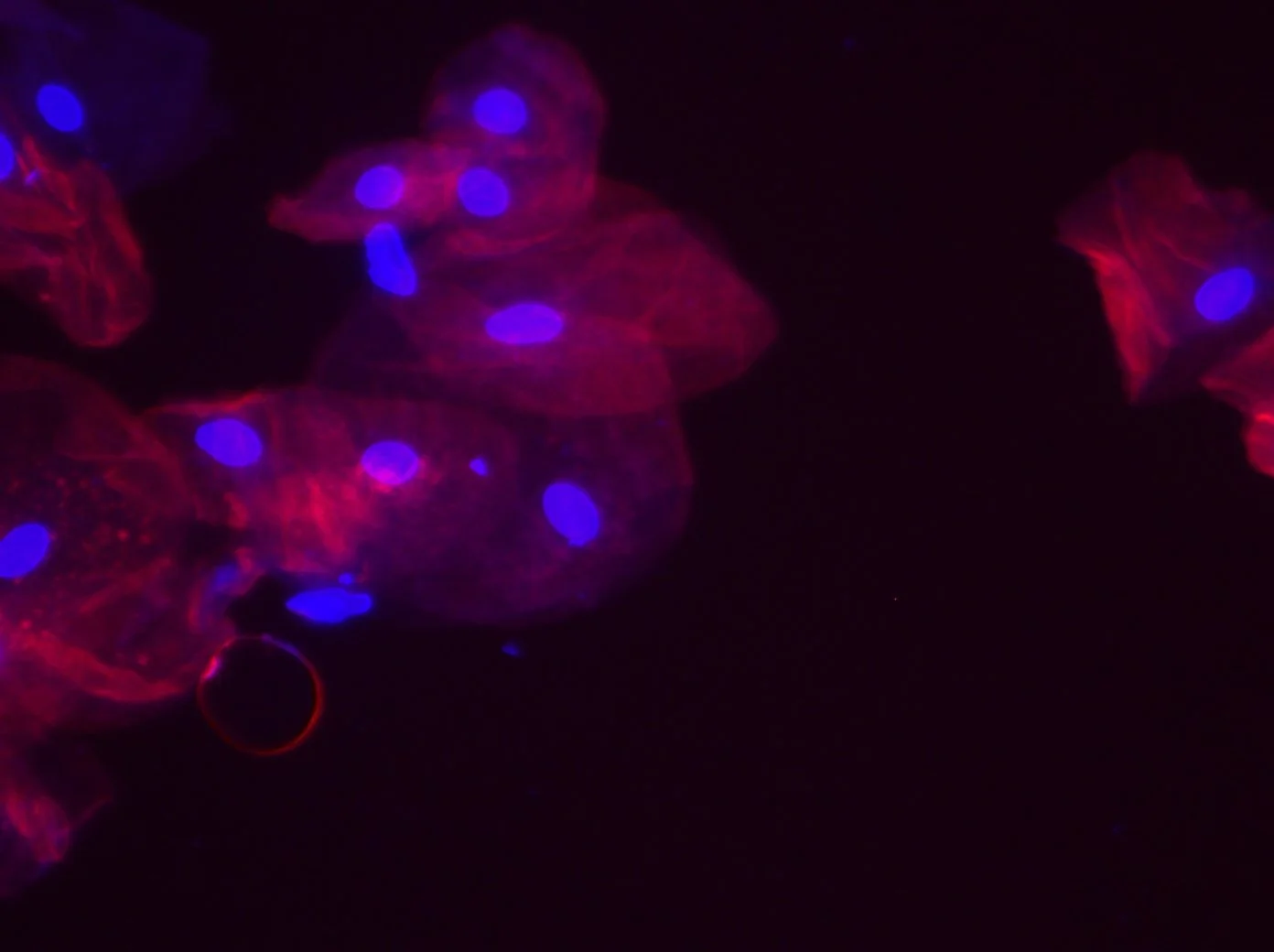Kylie Ziemke is 2025’s 3rd-place winner of the Catalyst Creative Contest. She is a senior double majoring in Neuroscience and Psychology. She has always enjoyed using writing to bridge the intersection between science and humanity; in other words, the world as it is, and the world as we experience it. She wrote “The Sun and All its Warmth” to explore how our personal experiences and emotions warp how we perceive the passage of time. It is a story of grief so all-consuming it stops time itself, but it is also a story of perspective and of the light at the end of the tunnel.
Read MoreJoshua Thomas, the second place winner of the 2025 Creative Contest, is a second-year Molecular Biology student pursuing a Bridging Disciplines Program (BDP) Certificate in Social Inequality, Health, and Policy. This piece represents what he believes science to be: the exploration of the next frontier—pushing beyond the known into the vast unknown.
Read MoreMeet the 1st place winner of the 2025 Creative Contest, Argentina Mora! Argentina Mora is a junior Cell and Molecular Biology major, where they explore the intersection of science and art. Their mixed-media piece, "Echoes Through Time", visually represents the fluid nature of time through the lens of Einstein’s Theory of Relativity. By juxtaposing raw emotion with cosmic structures, the piece captures the distortion of time in moments of nostalgia and regret.
Read MoreTorres creates a provoking stained glass-inspired piece illuminating photosynthesis.
Read MoreNguyen challenges us to consider the transformation of knowledge through this continuous line drawing.
Read MoreDao poetically narrates the beauty found within nature.
Read MoreArora uses charcoal to depict the interconnectedness of Yin and Yang and the First Law of Thermodynamics.
Read MoreBhalla weaves a haunting story about grief and the quantum mechanics that bind us as humans.
Read MoreZiemke’s semi-autobiographical account of existentialism through the years is a timeless reminder of transformation and change.
Read MoreTorres’ winning entry examines the personal in the scientific.
Read More

